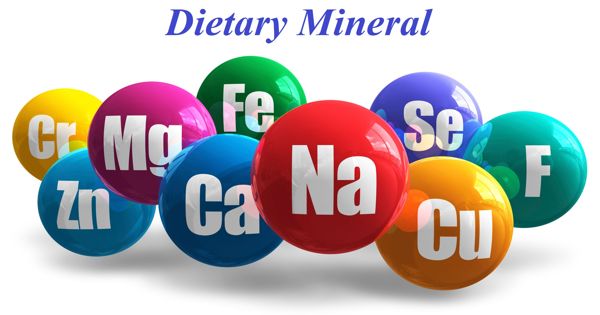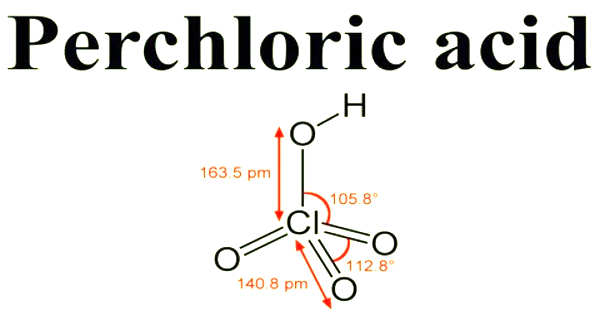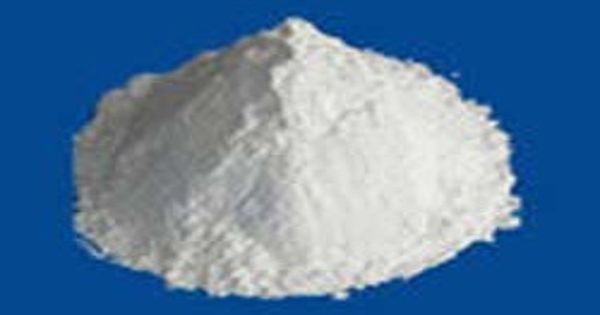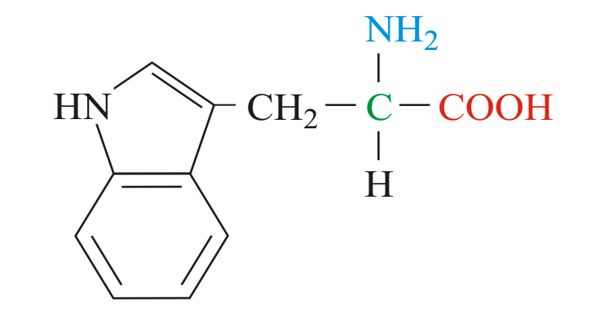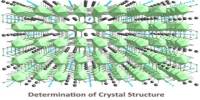Minerals are naturally occurring elements and are therefore found on the periodic table. Dietary minerals are essential chemicals that are needed by the human body for maintaining skeleton structure, cellular functioning and biochemical reactions. It is a chemical element that a living thing needs to be part of what they eat, other from the four elements carbon, hydrogen, nitrogen, and oxygen which are already very common in living things. Healthy diets contain a range of essential dietary minerals, including calcium, phosphorus, potassium, sulfur, sodium, chlorine, and magnesium.
One example of a dietary mineral is calcium, which humans and many other animals need to build strong bones and teeth, among other things. These dietary minerals and trace elements are necessary for biochemical reactions. The body uses minerals for some important functions – some are necessary for a healthy body and mind.
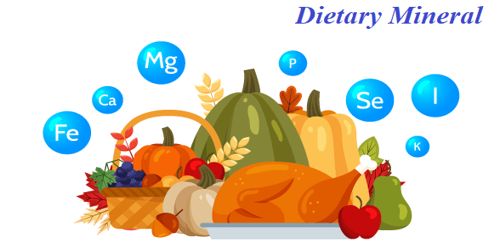
Some common Dietary Minerals are –
- Boron – Boron can be found in many fruits, vegetables and nuts. It is needed by the body in tiny quantities. It helps the body to use both calcium and magnesium effectively.
- Calcium – Calcium is found in milk and other dairy products including cheese and yoghurt, lower fat dairy products contain more calcium as less of their volume is taken up with fat.
- Chromium – It helps the body breakdown fat, carbohydrates and some hormones like insulin. It is also fundamental in the body’s production of some fatty acids and cholesterol – essential for brain function.
- Cobalt – It is one of the elements found in vitamin B12. Helping with the production of red blood cells cobalt is needed in small quantities in our diet.
- Copper – It is needed by the body to make healthy haemoglobin and bones. It is also necessary for effective healing of wounds as it helps the blood to clot, for the colouring or pigmentation of hair and fertility.
- Fluorine – It is good for the teeth, helping to prevent and even reverse tooth decay and is found in many toothpastes and mouthwash products.
- Manganese – It is an essential element useful in the formation of bone and performing functions in the pituitary gland, liver, pancreas, kidney.
- Vanadium – It is needed in only tiny amounts in the body. Most people get enough vanadium from the food they eat and vanadium deficiency is very rare.
- Zinc – Zinc deficiency is a huge problem in developing nations and it is estimated that zinc deficiency affects around two billion people.
Iron is another mineral, which you can find in red meat. It is important for us to have iron as it creates red blood cells. Other common minerals include potassium and phosphorus.
Information Source:
